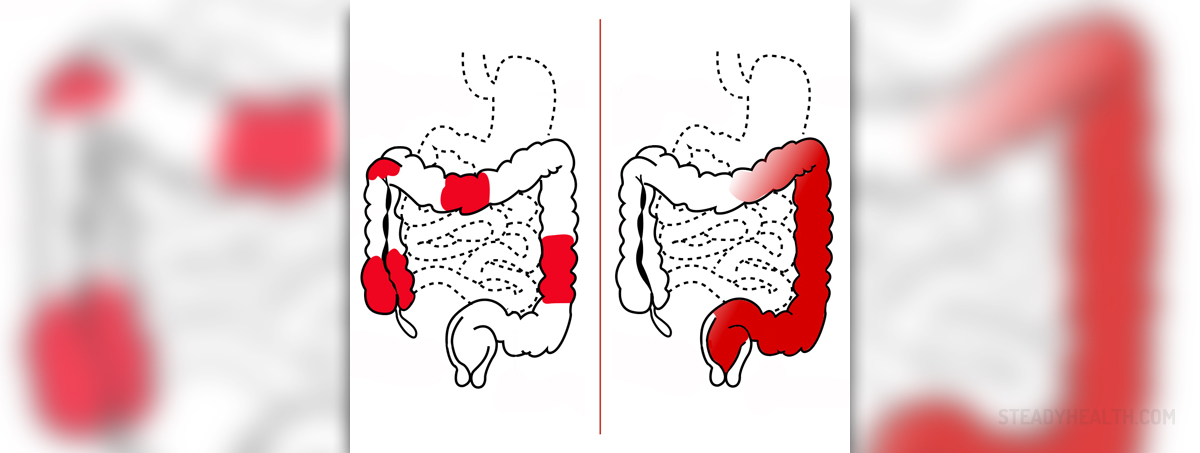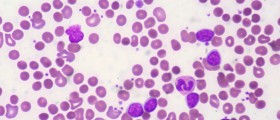
Crohn's disease is the one of the inflammatory bowel diseases and it is the medical term for the inflammation of the mucous tissues of digestive tract. The other two names for this disease are ileitis or enteritis. There are many speculations about what is the exact cause for the occurrence of this disease. Many experts agree that the genes the patient has inherited, the immune system itself, and the environment may be potential causes for Crohn’s disease, but the medical conditions that may contribute to the appearance of this disorder are irritable bowel syndrome, diverticulitis and colon cancer.
Symptoms of Crohn's disease
The symptoms of this condition can occur suddenly or gradually. Diarrhea, severe intestinal cramping and abdominal pain are some of the symptoms that may occur. Sometimes the inflammation can cause swelling of the walls of the bowel and lead to thickening with a scar tissue which makes food passage more difficult through the gut. As a result, there is pain and cramps, and in some cases nausea and vomiting. Blood in the stool, ulcers, loss of appetite and subsequent weight loss, as well as fever, fatigue, inflammation of the liver and bile, and leather disorders can occur when one suffers from Crohn’s disease.
A doctor diagnoses this disease only after he obtains the results from several tests, such as blood test, fecal occult blood test, colonoscopy, flexible sigmoidoscopy, barium enema, small bowel imaging, computerized tomography, and capsule endoscopy.
Best medication for Crohn’s disease
When a person suffers from Crohn’s disease, one of the optional treatments is taking medications. Typically the doctors prescribe anti-inflammatory medicines, cortisone or steroids, immune system suppressors, antibiotics and anti-diarrheal and fluid replacements. Anti-inflammatory medicines are the most frequently prescribed because they contain an anti-inflammatory substance called Mesalamine. The most common anti-inflammatory medicines are Sulfasalazine, Asacol, Dipentum and Pentasa. Sickness, vomiting, indigestion, diarrhea, and headache are potential adverse effects of these drugs..
Cortisone medicines and steroids, well-known as corticosteroids, are very potent in treating this condition and the most commonly prescribed is Prednisone. Immune system suppressors, such as 6-mercaptopurine and azathioprine, block the immune reaction that causes inflammation. The common side effects of these medicines are nausea, vomiting, and diarrhea. The immunosuppressive drugs may improve the efficiency of corticosteroids. Antibiotics are usually prescribed to treat bacterial overgrowth in the small intestine that can occur because of fistulas, or prior surgery. Ampicillin, cephalosporin, and metronidazole are antibiotics that are typically used when Crohn’s disease is in the question. Anti-diarrheal medicines, such as diphenoxylate, loperamide, and codeine are used in patients who have problems with diarrhea, while those who are dehydrated because of diarrhea are treated with fluids and electrolytes.















_f_280x120.jpg)

Your thoughts on this
Loading...